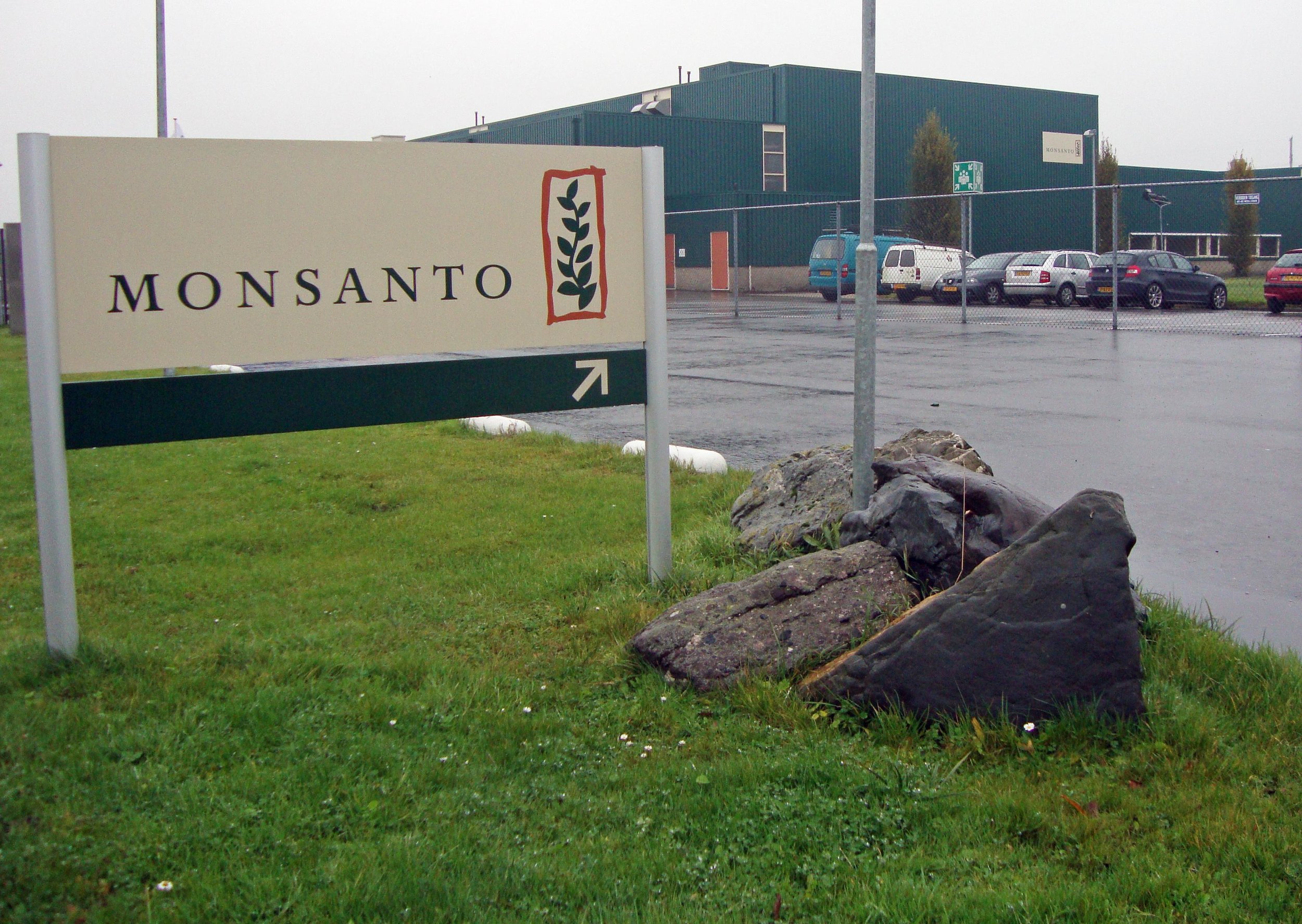Monsanto Faces Symbolic Tribunal in the Netherlands Amid EU Business Dealings
Monsanto, an American agrochemical and agricultural biotechnology corporation, faced an international tribunal in The Hague, Netherlands on October 15 and 16. The company is accused of commercializing toxic products responsible for the death of thousands of people, violating human rights, crimes against humanity, and ecocide. In addition, Monsanto uses an industrial-agricultural model that generates strong emissions of greenhouse gases.

The tribunal was not official but, rather, a symbolic process organized by a community of activists. Françoise Tulkens, the president of the tribunal, commented, “We will not pronounce judgment. We will give an advisory opinion.” Activists held fundraisers on the Internet and accepted donations from companies such as Biocoop, Lea Nature, and Lehmann Natur to cover the €500,000 cost of the tribunal.
While the results will not be released until December, Tulkens’ goal is to change the framework of international law and redefine the crime of ecocide as any attack against the environment, destroying or tampering with an ecosystem upon which populations depend.
Amidst this controversy, Monsanto is attempting to spread its roots in Europe. Bayer, a German chemical and pharmaceutical company, will buy Monsanto for €60 million ($66 million). Bayer dominates the European and Asian pesticides markets, and Monsanto has a monopoly on herbicides worldwide.
Moreover, the European Union Commission approved the use of Monsanto’s flagship pesticide, Roundup, on July 25. However, this was met with disapproval from many European countries. Marisol Touraine, the French Minister of Health, stated that France will ban the use of the pesticide regardless of the commission’s decision, citing the World Health Organization’s claim that it is “probably carcinogenic to humans.”
On the one hand, the merger, while controversial, will give Monsanto more power in Europe. The future impacts of both this merger and the recent symbolic tribunal in the European Union remain to be seen.
